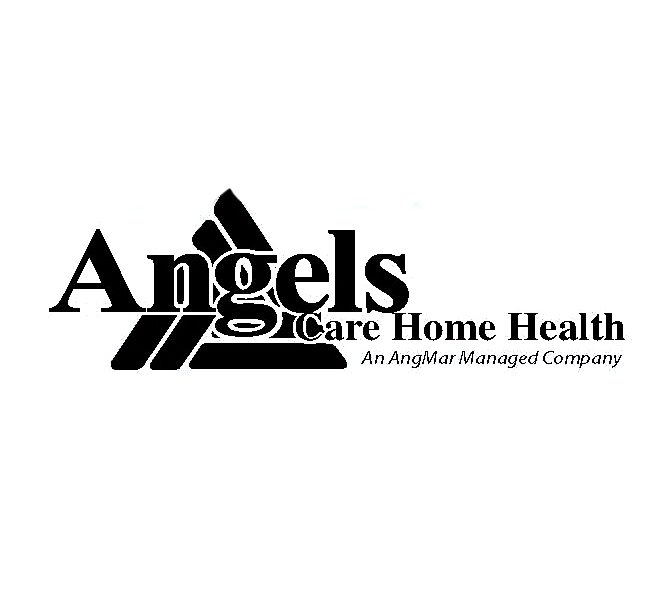The 2019 Medicare Open Enrollment Period runs from Monday, Oct. 15, to Dec. 7.
Angels Care Home Health of Great Bend wants seniors to know their rights as they ponder making changes to the various aspects of your coverage.
Below are some tips to better understand one’s Medicare options:
If one is new to Medicare — or even if they have been on Medicare for a while — they may find it difficult to figure out what all the plans mean and what the best options are for your evolving health care needs and financial situation.
Medicare is a federal health insurance program. One qualifies for it if they are age 65 or older, or if they are younger but have certain disabilities or end-stage renal disease. Unlike other health insurance, Medicare coverage is divided into four parts: A, B, C and D. This allows the customer to choose which parts you want and avoid duplicating coverage from other insurance. Medicare Part A and B together make up what is called Original Medicare.
Here is the breakdown of your Medicare Options:
• Medicare Part A (Hospital Insurance)
Covers inpatient hospital stays, care in a skilled nursing facility, hospice care, and home health services.
• Medicare Part B (Medical Insurance)
Covers certain doctors’ services, outpatient care, medical supplies, and preventative services.
• Medicare Part C (Medicare Advantage Plans)
Medicare Part C (also called Medicare private health plans) has to do with Medicare Advantage Plans. These plans are offered by a private company that contracts with Medicare to provide one with all their Part A and Part B benefits. Basically, it’s an alternative way of receiving your benefits.
These plans primarily include HMOs, PPOs and Private Fee-for-Service plans.
Take caution if considering a Medicare Advantage Plan, Angel Care warns. These plans may look good on the surface, but they do have many limitations, such as restrictions on the choice of a health care provider. They also place administrative restrictions on physicians, which may compromise the treatment one receives.
TIP: Stay enrolled in Medicare Parts A and B and have a Medigap policy to cover any gaps in Medicare coverage.
• Medicare Part D (Prescription Drug Coverage)
Medicare Part D adds prescription drug coverage to Original Medicare, which helps to lower prescription drug costs and protect against higher costs.
TIP: The plan finder on Medicare’s website automatically does the math to find the best deal.
• Medigap (Supplemental Insurance)
Medigap is supplemental insurance to cover some of the out-of-pocket expenses in your Original Medicare coverage, such as coinsurance and deductibles.
TIP: Premiums may vary for the same benefits plan, so shop around for the best deal.
When choosing a Medicare options, it is in one’s best interest to do as much research as they can. One may be torn as to whether they should add a Medigap policy, and if so, which one.
And of course, there’s the question of the various drug prescription plans. As part of the research, one must take into consideration their own medical needs and priorities. Does one pay a lot for prescription drugs? Do they have a serious medical condition?
All of these factors will influence the type of Medicare options chosen. After evaluating their medical and financial situation, one can start researching the different plans and what they cover using the Medicare Plan Finder at Medicare.gov or call the Medicare helpline for assistance at 1-800-MEDICARE (1-800-633-4227).
One may also want to get advice from expert sources in your area such as your state’s health insurance assistance program or a local agency on aging, which you can find through the government’s eldercare.gov website.
For more information on the benefits of home health service, please contact Angels Care Home Health, a Medicare-certified agency serving Great Bend and the surrounding areas at 785-445-3500 or visit angelscarehealth.com.





